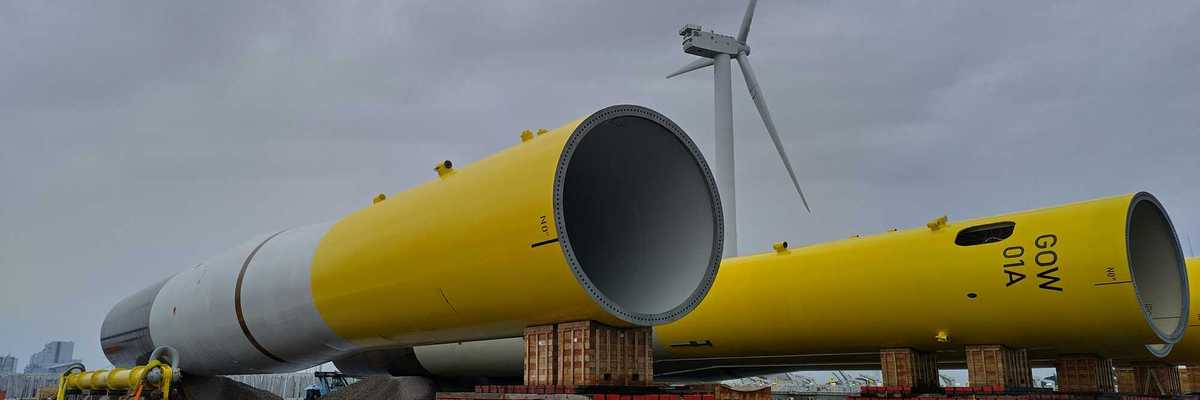gas plant
Michigan's clean energy push faces challenges from natural gas plants
Michigan regulators must decide how to balance newly built natural gas plants in the Upper Peninsula with the state's 2040 clean energy goals.
In short:
- Michigan's new clean energy laws aim for 100% clean electricity by 2040 but face obstacles from natural gas plants in the Upper Peninsula.
- These plants, built just five years ago to replace coal, are now under scrutiny for their long-term impact on clean energy targets.
- Regulators are exploring options like carbon capture and renewable energy to meet the state's goals.
Key quote:
“These units serve that critical function in a part of the state with limited transmission access.”
— Brendan Conway, spokesperson for Upper Michigan Energy Resources Corporation
Why this matters:
The future of Michigan's energy grid depends on reducing reliance on natural gas, but in rural areas like the Upper Peninsula, replacing these plants is complex. The decision will impact electricity costs, grid reliability, and the region's environmental footprint.
Read more: Derrick Z. Jackson: Natural gas vs. renewable energy — beware the latest gas industry talking points
Debate intensifies over Superior's proposed gas plant
A proposed $700 million gas plant in Superior, Wisconsin, is causing division among locals, with some seeing it as a job creator and others worrying about environmental and cultural impacts.
In short:
- The Nemadji Trail Energy Center faces criticism for potential environmental damage and disregard for tribal lands.
- Recent city council decisions reflect growing opposition, questioning the project's alignment with community and environmental values.
- The project, still lacking several permits, also clashes with state and federal renewable energy goals.
Key quote:
“It provides extraordinary benefits as an undeveloped wetland. It is adjacent to a river and I generally believe, and I believe my opinion is shared by many members of the community, that waterfront — especially undeveloped waterfront — is best left undeveloped for public use.”
— Jim Paine, mayor of Superior
Why this matters:
Critics of the Nemadji Trail Energy Center raise concerns about potential harm to public health and the environment, including harmful emissions, noise pollution, and impacts on local property values. The project is expected to produce 2.7 million tons of greenhouse gas emissions annually, albeit with a reduction of about 964,000 tons per year by displacing coal plants. Locating NTEC near tribal lands and a historic Ojibwe burial ground adds to the complexity, with tribes fearing the disturbance of their ancestors' remains and environmental damage
As Pittsburgh touted its environmental progress in 2018, a massive petrochemical makeover was taking place in the surrounding region. Tribes and environmental groups argued against a future of pipelines and plastic production.
Kill plan for $180M gas-fired power plant, Newark mayor and 20 lawmakers implore Murphy
A new gas-fired power plant would disproportionately impact Black, brown and low-income residents in Essex and Hudson Counties, officials said in a letter to Governor Murphy.









